From Molecules to Organisms: Structures and Processes

Educators and Parents, Sign Up for The Cheat Sheet
Weekly updates to help you use Science News Explores in the learning environment
Thank you for signing up!
There was a problem signing you up.
-
 Health & Medicine
Health & MedicineTeens eating better but gaining weight
From 1999 through 2012, teens got heavier. But by downing less sugar and eating more healthy fats, their bodies also showed signs that these teens were somewhat healthier.
-
 Health & Medicine
Health & MedicineExplainer: What is metabolic syndrome?
A “couch potato” lifestyle of too much sugary, fatty food and too little exercise leads to health problems. This is known as metabolic syndrome.
-
 Brain
BrainWhen smartphones go to school
Students who use smartphones and other mobile technology in class may well be driven to distraction. And that can hurt grades, studies show.
-
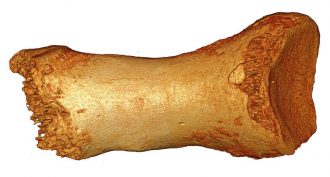 Fossils
FossilsNeandertal toe contains human DNA
DNA from a 50,000-year-old Neandertal woman’s toe bone shows humans left a mark on the ancient species — and much earlier than scientists had thought.
-
 Health & Medicine
Health & MedicineVaping may threaten brain, immunity and more
New studies of e-cigarette vapor in animals and human cells find new risks to gene activity, behavior and male sperm.
By Janet Raloff -
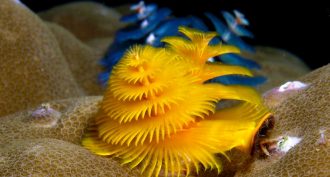 Animals
AnimalsPicture This: Christmas tree worms
The tops of Christmas tree worms look like brightly colored plants. But they are really boneless marine animals with eyes that can breathe and gills that can see.
By Susan Milius -
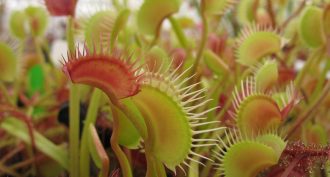 Plants
PlantsBefore eating, Venus flytraps must ‘count’
Researchers find that Venus flytraps respond to the number of times insects touch their sensory hairs. This tells them when it’s time to turn on digestion.
-
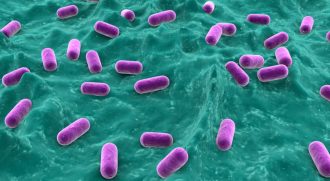 Life
LifeCell recount: People host far fewer germs
Since the 1970s, microbiologists have been saying bacteria outnumber human cells in our bodies by about 10-to-1. A new analysis says that old number was a “fake” fact — and gross exaggeration.
-
 Health & Medicine
Health & MedicineExplainer: What is skin?
The body’s soft, outer armor contains three layers, each with its own important role to play.
-
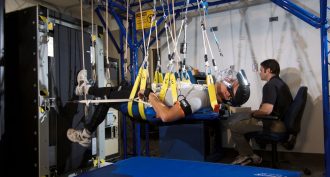 Health & Medicine
Health & MedicineCool Jobs: Researchers on the run
Researchers are taking running to extremes, from Olympic lizards to treadmills in space. The goal is to learn how athletes of all kinds can stay healthier.
-
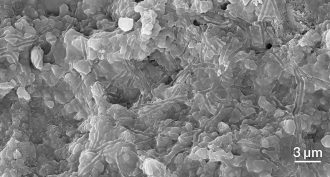 Earth
EarthBubbles may have sheltered Earth’s early life
For Earth’s earliest inhabitants, a bubble on the beach would have been the next best thing to a safety blanket.
By Meghan Rosen -
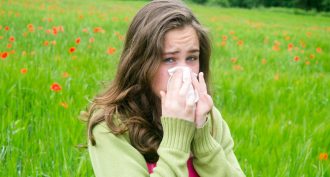 Health & Medicine
Health & MedicineAllergies linked to obesity and heart risks
Children and teens with asthma, allergies or other autoimmune conditions tend to be overweight and show symptoms of heart-disease risks, a new study finds.
By Tara Haelle